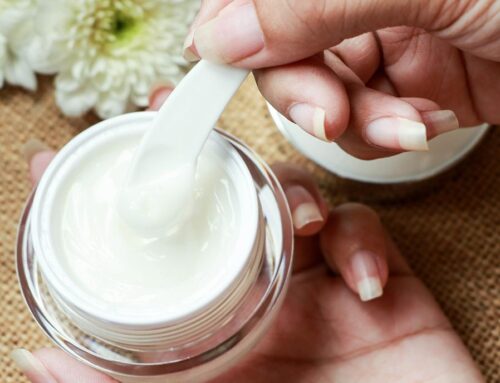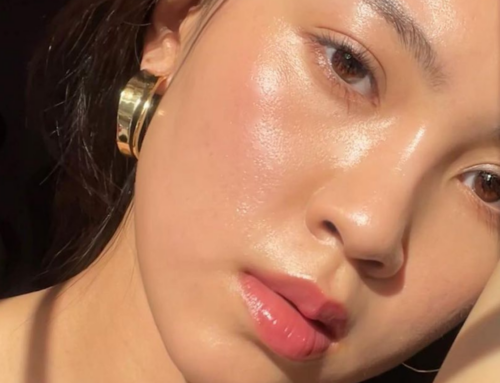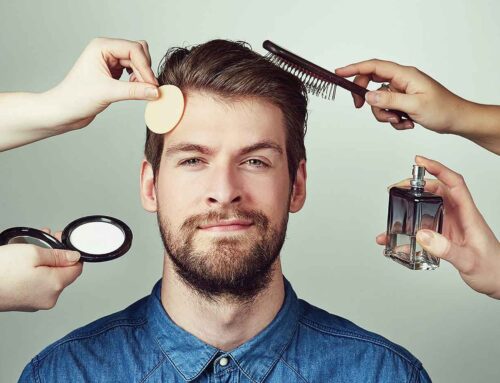Cosmeceuticals are the rising stars of skincare, blending beauty with science to deliver anti-aging, acne-fighting, and complexion-boosting benefits. But here’s the twist: despite their promises, cosmeceuticals aren’t officially recognized by the FDA. These products live in a gray area—too potent to be simple cosmetics, yet not regulated as drugs—leaving consumers with little assurance of their claims.
What Makes Cosmeceuticals So Unique?
In the 1980s, dermatologist Dr. Albert Kligman coined the term “cosmeceutical” for products that promise more than surface-level beauty. Think of anti-aging creams that claim to boost collagen, serums that tackle acne, and moisturizers that “turn back the clock.” Ingredients like retinoids or potent vitamin C can deliver real results, but because cosmeceuticals label themselves as cosmetics, they bypass the rigorous testing required for drugs.
Why the Lack of Regulation Matters—and How MOCRA May Help
Without FDA oversight, cosmeceuticals are free to make bold promises without the data to back them up. This loophole allows brands to avoid the extensive testing that drugs undergo, making it difficult to know if a product’s claims are science-backed or just hype. That anti-aging serum that promised miracles? It may or may not deliver, and there’s no current regulation to ensure it does. This leaves consumers paying premium prices for results that aren’t guaranteed.
However, recent legislation—the Modernization of Cosmetics Regulation Act (MOCRA)—aims to close this gap by enhancing FDA oversight of cosmetic products, including cosmeceuticals. MOCRA, which came into effect in 2023, requires manufacturers to disclose ingredients, adhere to safety standards, and report adverse events. While it stops short of treating cosmeceuticals as drugs, MOCRA strengthens the regulatory framework, providing consumers with more transparency and safety assurances.
What Should You Look For?
Until cosmeceuticals have their own distinct regulatory category, consumers should be cautious. Look for brands that list ingredients transparently and back claims with clinical evidence. MOCRA’s implementation means that the industry is moving toward more accountability, but it’s still essential for consumers to research products and choose brands with a trustworthy track record.
Cosmeceuticals represent an exciting blend of science and skincare innovation, and as demand grows, regulatory measures like MOCRA are likely to bring more safety and transparency to the industry.
Sources:
- FDA on Cosmeceuticals and Labeling Requirements
- Pharma’s Almanac on Cosmeceutical Industry and Regulation
- Pandey, A., Jatana, G. K., & Sonthalia, S. (2024). Cosmeceuticals. StatPearls.





